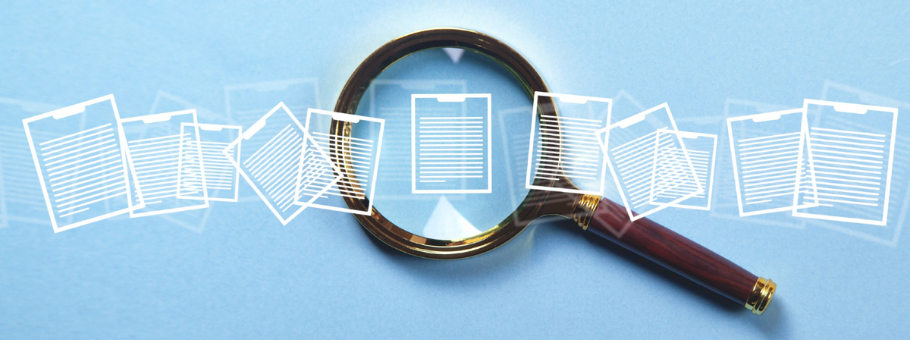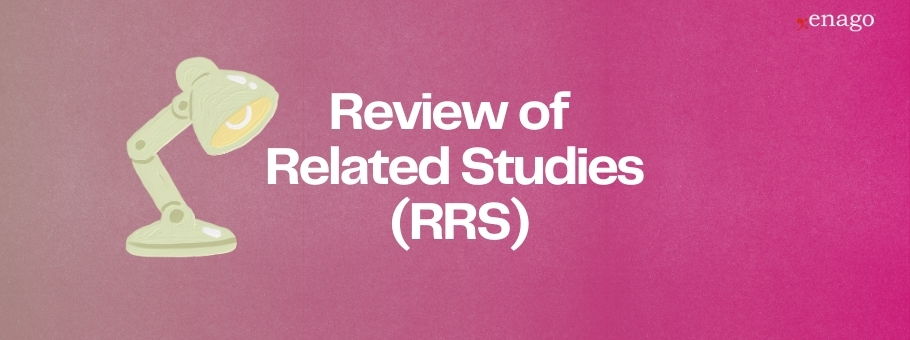Can Peer Review Training Help Graduate Students Improve Their Writing Skills?

Whenever we submit a manuscript to a good journal, it is carefully scrutinized by the editors and other experts in the field before being accepted. We all know how important this peer review process can be, as we usually get constructive feedback that can help us organize our ideas better and improve the quality of our paper, making it ready for publication.
Benefits of Peer Review to Students
Asking graduate students to read each other’s work and give feedback to one another could have similar benefits—and it could also help them to improve their critical-thinking and communication skills and develop their ability to write honest and constructive comments on a peer’s work early in their career.
This type of peer review training is also a good way for students to learn how to prepare a manuscript for a broader audience; strengthen their own writing skills by taking into account critique from potential readers; respond to feedback in a productive way; and read research papers (written by themselves or by others) more carefully, with attention to details.
Giving Clear Guidance
By participating in peer review, graduate students can become active learners during the writing process, but in order to achieve this, they need clear guidance. At the beginning, some of them may be hesitant to take part in the training because they might not be sure about the added value of receiving criticism from their fellow students—or probably they just don’t know how to provide useful feedback to others—but all these problems can be overcome if the goals for peer review are clearly set and explained.
To start with, it is important to define and teach the skills required for peer review. These include: reading critically and being able to identify the main point in an academic text; writing clearly and responding to comments and questions in an understandable and organized way; and communicating effectively with others (students should be able to phrase constructive critiques and accept productive comments from their peers).
Reading Can Improve a Paper
While students can usually diagnose that a paper needs reworking, it is not always easy to determine what has to be changed or which corrections would make the manuscript better. Fortunately, this can be trained, for example, by organizing sessions where a group of students work together to turn a poor text into a good one, or by introducing self-evaluation exercises, which can help students take a step back from their own writing, and read it with a critical eye, to get an outsider’s perspective. At a later stage, they can do the same in their work with their peers.
A Good Reviewer is a Critical Reader, Not an Evaluator
To make the whole process more efficient, the role of the peer reviewer should be defined as that of a reader rather than an evaluator. This can be achieved by developing guidelines for peer review in which students should first list the positive aspects and strengths of a work and then describe the parts that can be improved without pronouncing a general judgment on the paper. It is important that they learn to give honest responses and constructive advice—and also understand the difference between revision and editing. This will help them when writing a good peer review report.
For most graduate students, reading their peers’ papers and receiving constructive feedback from others on their own work can be a great way to improve their writing skills and develop better communication strategies. All they need are clear goals and some guidance.









